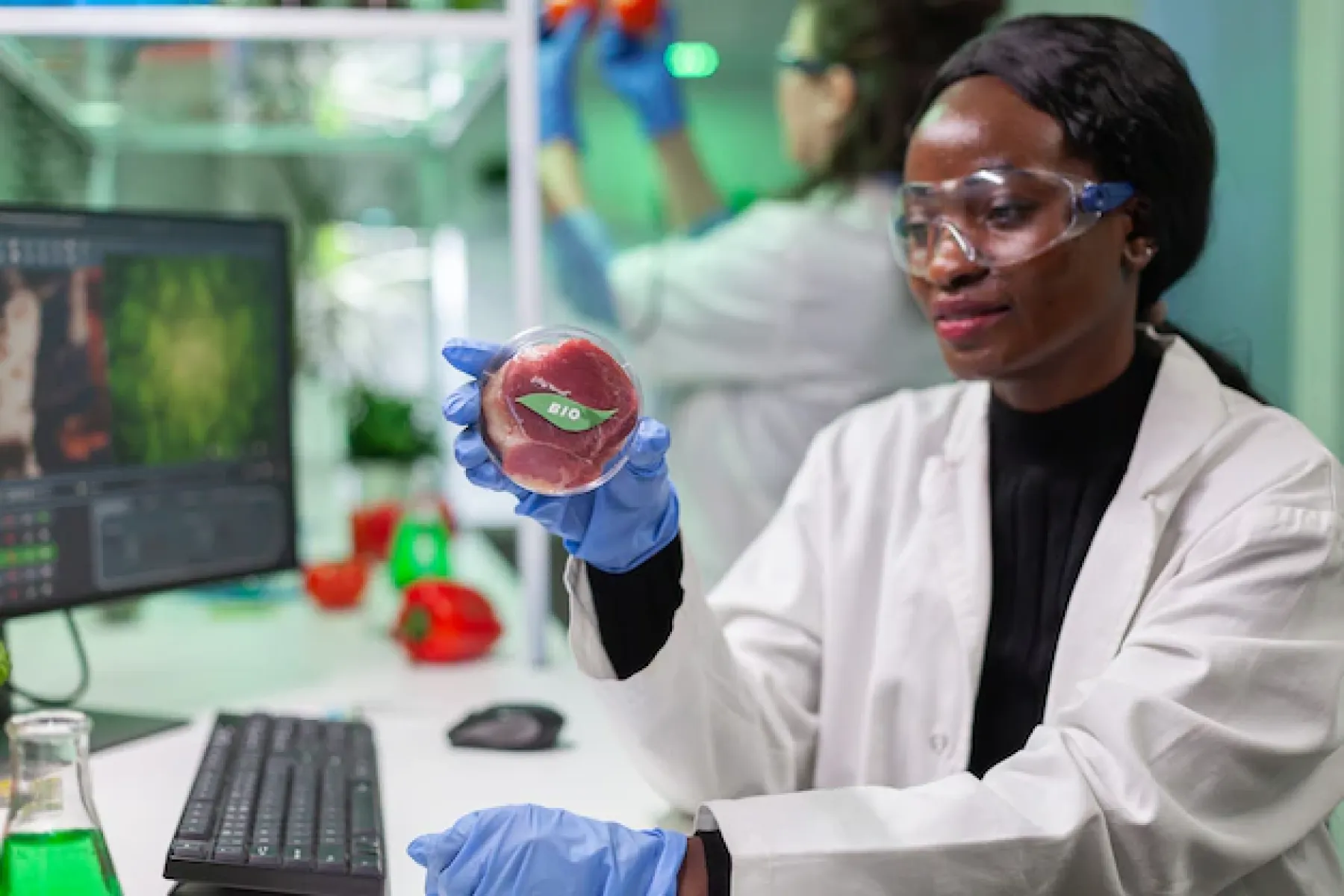What if Nigeria could solve its food insecurity, healthcare gaps, and environmental challenges through science that is both homegrown and globally supported?
That is the promise behind a renewed partnership between Nigeria and Indonesia. Earlier this week, Nigeria’s National Biotechnology Research and Development Agency (NBRDA) signed a new memorandum of understanding with Indonesia to drive biotechnology innovations across critical sectors.
Along with promoting biofertiliser and bioinsecticide technologies, the collaboration will enhance Nigeria’s livestock quality through artificial insemination and vaccine development, according to NBRDA’s Director General Abdullahi Mustapha.
Bridging the gap
For years, Nigeria has grappled with the disconnect between research and reality. Breakthroughs in laboratories hardly translate to any impact for the country nor its millions of citizens.
The NBRDA’s plan to establish biotechnology innovation hubs across the country hopes to bridge this chasm. In effect, this initiative will support young Nigerian scientists with funding and exposure that enables them to refine their ideas into practical solutions that tackle the country’s food insecurity.
Drawing on Indonesia’s robust biofertiliser and bioinsecticide programmes, Nigeria could significantly reduce its dependence on chemical-based farming, with improved crop varieties and nutritional biofortification.
Discussion around biotechnology solutions is not new in Nigeria. The NBRDA has championed innovative projects ranging from genetically improved crops that withstand drought to localised vaccine research for animal and human health.
Its collaboration with private-sector firms, such as the Nigeria Nutritious Food Fair by HarvestPlus, has ramped up public awareness and accelerated progress in biofortified foods, thereby providing quality nutrition for low-income homes.
Beyond food security, the proposed biotechnology hubs also present a compelling case for the environment.
For farmers in rural Nigeria, poor soil fertility and pest infestations typically mean meagre yields. With biofertilisers and bioinsecticides, farmers can restore soil health and increase productivity without degrading their land.
Indonesia’s success in this area offers Nigeria a roadmap: smallholder farmers using eco-friendly innovations to achieve better harvests while protecting the environment.
Adopting a similar approach could help Nigeria reduce its reliance on food imports, improve farmers’ livelihoods and make agriculture truly sustainable. In this way, biotechnology emerges as a lifeline for rural families and a tool for ecological balance.
The recent memorandum of understanding between Nigeria and Indonesia signals more than a diplomatic gesture, addressing Nigeria’s persistent food insecurity and healthcare gaps while expanding Indonesia’s frontiers. Indeed the solutions are already within reach. What remains to be seen is the will to bring them to fruition.
Summary not available at this time.






